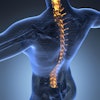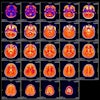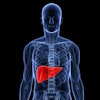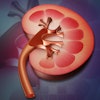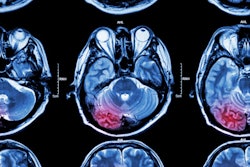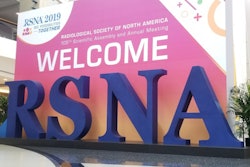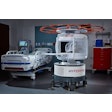Prerecorded, available throughout the meeting | SPR-NR-38
Brain MRI with an ultrashort echo time protocol is a cost-effective way of classifying mild or unspecific neurologic symptoms compared to standard- or reduced-dose CT, according to research presented in this prerecorded talk.The findings could have both cost and patient care benefits, as patients could be treated prophylactically for subsequent strokes, presenter Dr. Daniel Puhr-Westerheide of Ludwig Maximilian University of Munich and colleagues noted in the study abstract.
For the study, Puhr-Westerheide's team explored the cost-effectiveness of short-protocol brain MRI after negative noncontrast CT for identifying minor strokes in emergency department patients with mild or unspecific neurological symptoms. The group used a Markov model to assess the cost-effectiveness of this strategy, with willingness to pay set at $100,000 per quality-adjusted life year (QALY); the model was based on a simulated follow-up time frame of 30 years.
The investigators found that using short-protocol MRI in this manner lowered costs from $27,109 for a protocol that consisted of CT only to $26,304 and boosted patients' quality of life years from 14.25 in the CT-only group to 14.31 in the short-protocol MRI group.
"Additional short-protocol MRI in emergency patients with mild and unspecific neurological symptoms enables timely secondary prophylaxis through detection of minor strokes, resulting in lower costs and higher cumulative QALYs," Puhr-Westerheide and colleagues concluded.


